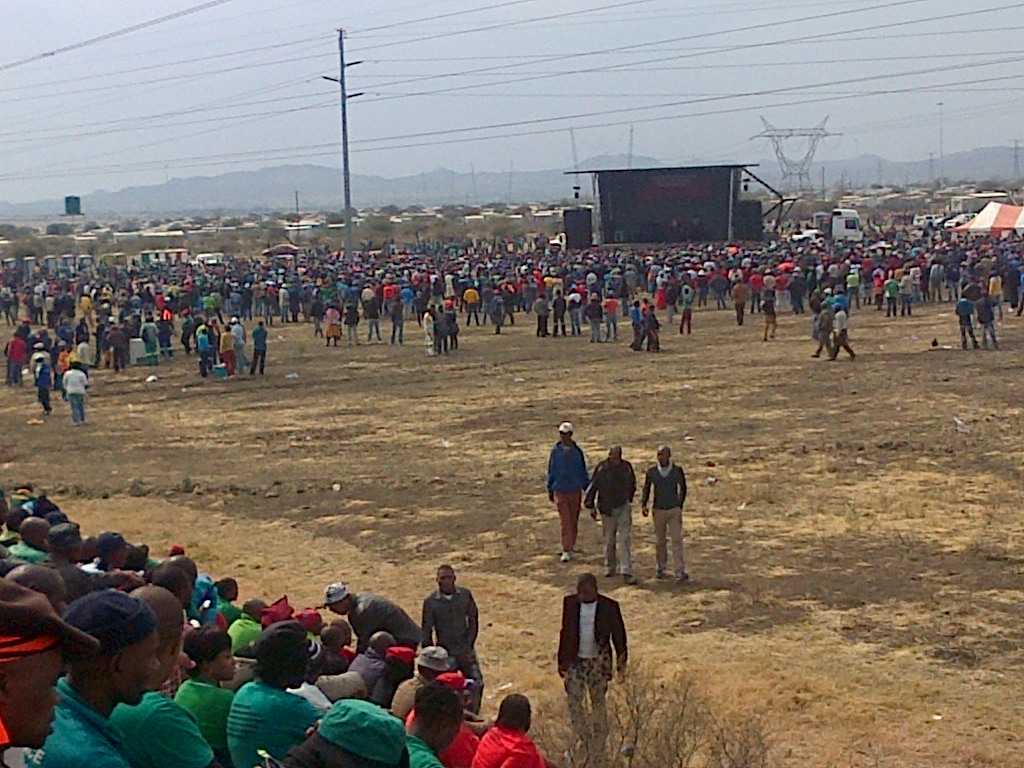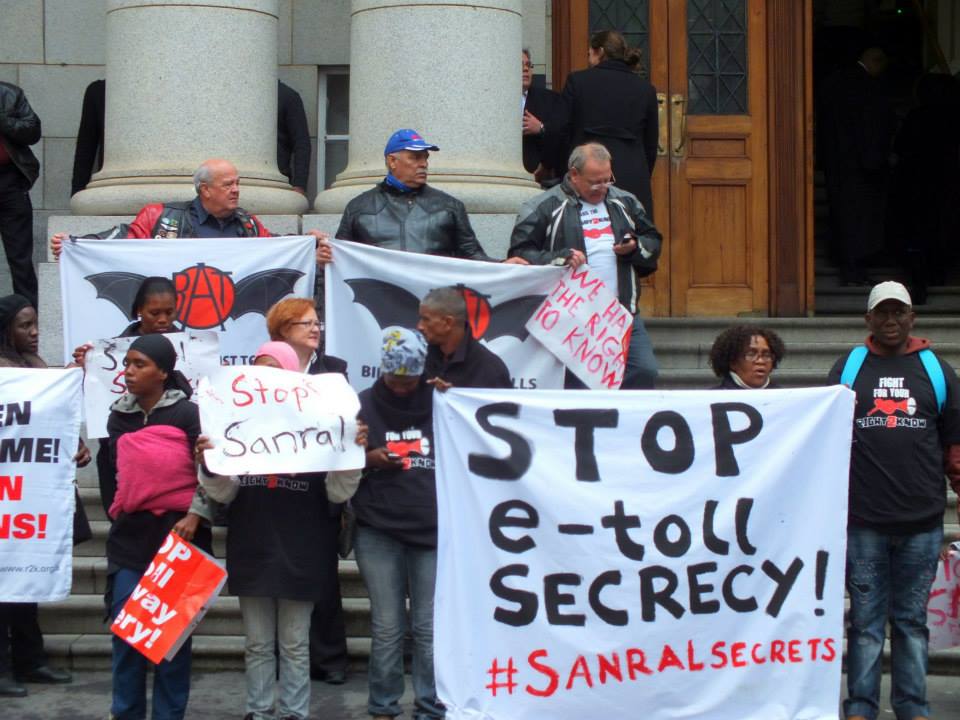Surveillance leaves no broken bones but scars us for life
This article below was published by Saturday Star:
- 17 Oct 2015
- By: GHALIB GALANT AND MURRAY HUNTER

FIGHTING BACK: A scene from Citizenfour, the Oscar-winning documentary about Edward Snowden.
EDWARD Said once wrote that “history is made by men and women, just as it can also be unmade and rewritten”,
The documentary Citizenfour is a rare glimpse into the history of the US surveillance state being “unmade” by Edward Snowden and three journalists he agreed to meet in a hotel room in Hong Kong.
Over eight days, Snowden talked the journalists through uncounted numbers of leaked documents that exposed illegal mass surveillance schemes designed by the US National Security Agency and many of its allies across the world – which allowed them to snoop on almost every digital communication available. Within days the first stories appeared, setting off a chain reaction that would shake the US surveillance state to its foundations.
Snowden gave this account in full knowledge it would probably cost him his freedom, and while he remains in hiding, he is facing espionage charges under the draconian US Espionage Act. He is the eighth US whistle-blower to have been charged with espionage under the Obama administration.
More than two years later, we live in a different world. While most of these invasive surveillance schemes remain intact, they have lost their moral high ground.
For the first time in decades, US lawmakers have stood up against the privacy invasions of the national security state, and the courts have ruled that some of the key schemes are illegal. In Europe, a raft of rulings and new measures has been put in place to curb such surveillance.
Many technology firms, having been exposed for helping governments to spy on their customers, have at last found some courage – offering better security and privacy protections against surveillance.
More than anything, Snowden awakened the public to the secret abuses of its rights. While there is so much more to be done, the public has not disappointed.
On the second anniversary of his disclosures this year, Snowden wrote: “There were moments when I worried we might have put our privileged lives at risk for nothing – that the public would react with indifference, or…cynicism, to the revelations. Never have I been so grateful to have been so wrong.”
Two years later, what lessons can Snowden offer South Africa? The first is a lesson of the power and importance of courageous whistleblowing and journalism.
All these seismic shifts would not have happened if Snowden had not had the courage to speak out and the journalists and editors had not had the courage to listen and report. For the journalists closest to Snowden, the risk was almost as great.
The second lesson is on the potential for an informed public to force an end to practices that undermine their rights.
Why should South Africa care? Because we see mounting evidence that South Africa’s intelligence structures are intruding on democratic spaces and need to be reined in. The State Security Agency’s much-decried “investigation” of the alleged CIA affiliations of Public Protector Thuli Madonsela and others may be the tip of the iceberg.
In April, it emerged the spy tapes contained transcripts of conversations between Mail & Guardian journalist Sam Sole and a source in the National Prosecuting Authority.
It means Sole or his source, prosecutor Billy Downer, were put under direct surveillance – or both.
It is the surest sign, since it emerged police had bugged Sunday Times journalists in 2010, that surveillance is being used to target investigative journalists.
Earlier this year, the Right2Know Campaign (R2K) brought out a report on the surveillance of activists. It pointed to growing evidence that intelligence resources were being used to monitor the activities of “trouble-maker” citizens. This included members of the National Union of Metalworkers of SA and the United Front, who say intelligence operatives tried to recruit them as informers.
It also documented how ecoactivists were closely monitored by state spies at the 2011 UN climate change conference in Durban, and described community leaders encountering undercover agents posing as “concerned citizens”, asking questions about their activities.
The report highlighted the extent to which the Crime Intelligence Division appears to be allocated huge resources to gather intelligence on community activists and groups concer ned with service delivery. The intimidating effect of this is destructive to citizens’ rights to associate and to campaign.
The revelations have also shown that spies appear to be running amok. For this reason, R2K has started campaigning for real oversight of the spies.
The Office of the Inspector-General of Intelligence, which is meant to hold the spooks to account, has been a dormant for too long. Parliament for too long has given the intelligence structures a free rein.
These efforts are the start of a citizen-led movement to resist surveillance – laying the groundwork for a campaign, long overdue, to have these practices investigated, exposed, and curtailed.
It may not be on the scale of the seismic shifts in the privacy landscape achieved by Snowden and others, but it’s a start.
Unlike a police truncheon or rubber bullet, surveillance is an abuse that leaves no bruises or broken bones, but it can be just as destructive. We may not always see the damage, but it is being done – and it is time for it to stop.
If we act now, and act together, history can be made.
Galant and Hunter are spokespeople for R2K. The TriContinental Film Festival screens Citizenfour tonight at 7pm at 27Boxes, Melville, Joburg. See www.tcff.org.za




